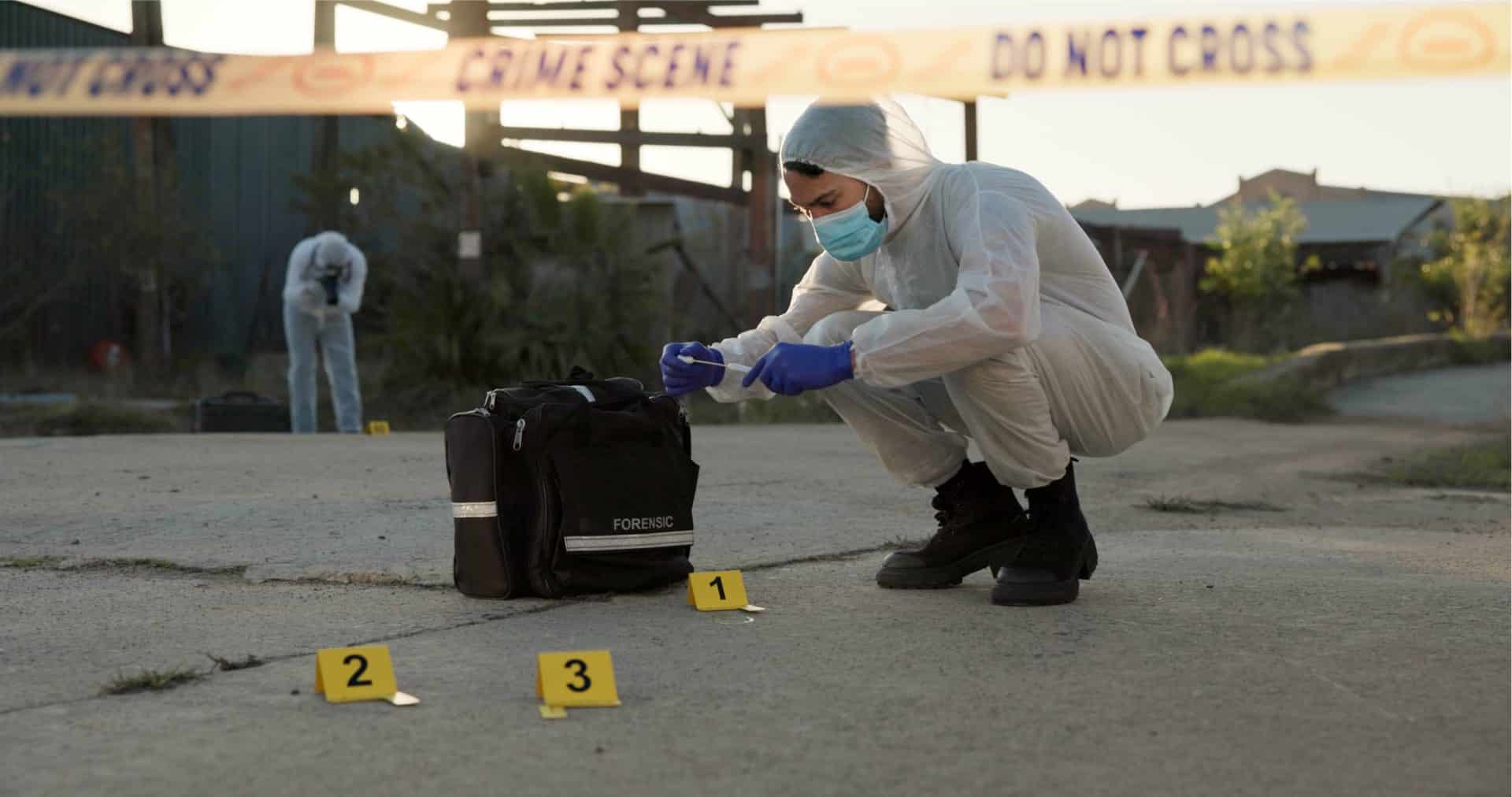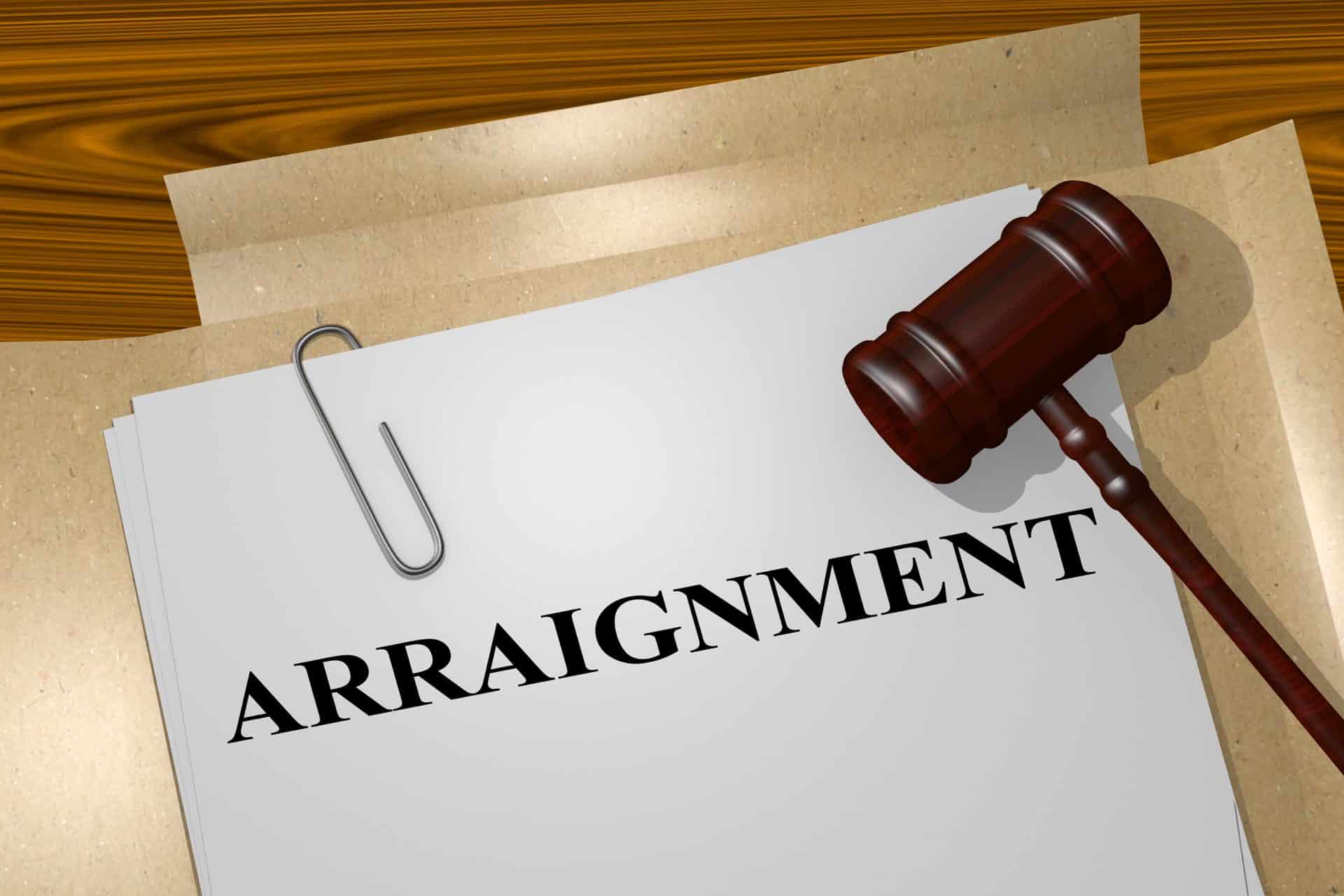
Understanding what role forensic evidence plays in Texas can be quite confusing, but it is crucial to understand if you are facing any criminal charges. Criminal cases with forensic evidence come with different challenges, which can ultimately impact what criminal defense strategy your attorney will need to use. Understanding what forensic evidence is and how it can impact your case can equip you with the knowledge you need to proceed with confidence.
If you are facing criminal charges in Brazoria County, Texas, you need to hire a criminal defense attorney to represent you and help you defend your rights. At The Law Offices of Keith G. Allen, PLLC, we are committed to providing our Brazoria County clients with the legal assistance they need to get the best possible outcome.
What is Forensic Evidence?
Criminal cases with forensic evidence can feel very complex, but in simple terms, forensic evidence is any kind of evidence that has been obtained through scientific methods. These methods can include things like DNA tests, blood tests, ballistics analysis, etc. Because of the nature of forensic evidence in Texas, this is usually used to describe physical evidence such as fingerprints at the scene of the crime, traces of DNA, or blood samples.
Something to keep in mind, however, is that forensic evidence isn’t necessarily always what you may think. Digital evidence can also fall into this category, as well as controlled substances, drugs, and bloodstain pattern analysis.
How is it Collected and Analyzed For Criminal Cases?
Forensic evidence, such as DNA evidence in criminal cases, is collected at the crime scene. For instance, professionals will brush for fingerprints or look for physical evidence such as hair, blood splatter, skin cells, and other bodily fluids. In some situations, suspects of a crime may be asked to provide forensic evidence, such as a saliva test, a blood sample, or fingerprints.
The process of collecting forensic evidence is very clinical as the evidence cannot be contaminated in any way otherwise it may not be useful anymore. It will also be put through rigorous analysis in specialized laboratories to identify the evidence and compare it to criminal records.
Although the forensic use of evidence like DNA in criminal cases is incredibly useful, it does come with specific challenges. Forensic evidence can easily be contaminated during the discovery or collection of evidence or through its storage. Even though law enforcement and laboratories have to adhere to strict protocols around evidence collecting and testing, mistakes can still be made.
Forensic evidence samples may be mislabeled or can be contaminated, which results in the evidence being unusable or incorrect. Forensic techniques are also limited in how they can be used since the results may not always be entirely clear. Some forensic evidence may only be partial, which can make it difficult to match to a suspect or it may lead law enforcement to a close relative of the person who actually committed the crime.
How is Forensic Evidence Used in Criminal Cases?
The importance of forensic evidence in criminal cases cannot be underestimated as this can make up the difference between innocence or a guilty verdict. Forensic evidence also plays the role of being the link that connects a suspect to the crime in question by putting them at the scene of the crime. For instance, evidence like fingerprints or DNA can place a suspect at the scene of a crime, which supports other forms of evidence that may already be against them.
However, forensic evidence is not always completely trustworthy and does not always present an accurate portrayal of the situation. For instance, someone may become a suspect in a crime simply because they were at the scene of the crime at some point before or after the crime occurred. Because of this, the presence of forensic evidence does not always immediately indicate that the suspect is indeed guilty.
Certain types of forensic evidence can also lead to a waste of law enforcement resources and can even cross over an individual’s rights. Law enforcement may pursue somebody with DNA evidence when it is in fact from a close relative and not them. Or law enforcement can try to obtain forensic evidence from a suspect without following the legal protocol that protects their rights.
Protecting Your Rights in a Brazoria County Criminal Case
Although forensic evidence plays a critical role in criminal cases in Brazoria County, Texas, it isn’t always entirely dependable. Forensic evidence can also pose a significant risk to somebody who is a suspect since it can be misinterpreted or used to supersede their rights.
To protect yourself during a criminal case, the first thing you need to do is hire a criminal defense attorney to represent you. An attorney will have experience with Texas criminal law and can take the necessary steps to ensure your rights are upheld throughout the investigation process. They can also take the steps needed to ensure things like your DNA or fingerprints are not illegally used against you, which can impact your right to a fair trial.
As a Texas resident, you should also understand what your rights are, especially when it comes to communicating with law enforcement. In many situations, you have the right to remain silent and ask for the representation of an attorney. You also have the right to refuse to consent to a search of yourself or your property, and you can refuse to voluntarily provide things like DNA samples or fingerprints.
For the Best Criminal Defense in Brazoria County, Contact The Law Offices of Keith G. Allen, PLLC
Facing criminal charges that have forensic evidence can feel overwhelming and can result in long-term consequences. To better understand your rights and the best criminal defense options, you need to know how forensic evidence is used in Texas and how it can impact your criminal case. At The Law Offices of Keith G. Allen, PLLC, our attorneys have extensive experience handling criminal defense cases in Texas. We will advocate on your behalf, ensuring your rights are upheld, and you get a fair trial. If you are looking for compassionate legal representation in Texas, contact us today at 832-230-0075 for a free consultation.





